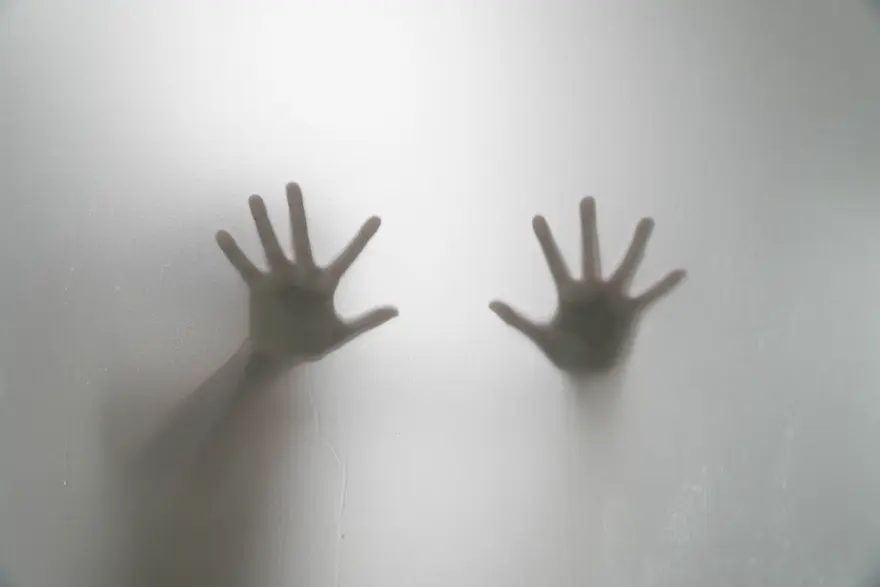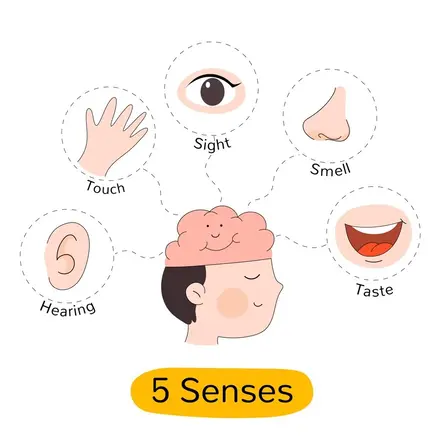Preventive Healthcare
Retrograde Ejaculation: Causes, Symptoms, and Treatment Options
278 Views
0

Retrograde ejaculation is a condition that affects male sexual health and can lead to fertility issues. If you or your partner are experiencing dry orgasms or cloudy urine after ejaculation, it's essential to understand the underlying causes, symptoms, and available treatment options. This article will provide you with a comprehensive overview of retrograde ejaculation, helping you make informed decisions about your sexual health and fertility.
What is retrograde ejaculation?
Retrograde ejaculation occurs when semen, which normally exits through the penis during orgasm, instead flows backwards into the bladder. This happens due to a failure of the bladder neck muscles to contract and close off the bladder during ejaculation. As a result, semen mixes with urine in the bladder, leading to little or no semen being released during orgasm.
Who does retrograde ejaculation affect?
Retrograde ejaculation can affect men of any age, but it is more common in those with certain medical conditions or who have undergone specific treatments. Some factors that increase the risk of developing retrograde ejaculation include:
- Diabetes
- Prostate surgery, such as transurethral resection of the prostate (TURP)
- Spinal cord injuries
- Multiple sclerosis
- Certain medications, such as alpha-blockers or antidepressants
How common is retrograde ejaculation?
Retrograde ejaculation is relatively uncommon, affecting about 0.3% to 2% of men. However, its prevalence can vary based on the cause. For instance, up to 75% of men who undergo TURP surgery may experience retrograde ejaculation afterward. While rare in the general population, this condition is more frequent in individuals with specific medical procedures or conditions. Understanding the risk factors can help with early retrograde ejaculation diagnosis and management.
What are the signs and symptoms of retrograde ejaculation?
The primary retrograde ejaculation symptoms and signs include:
- Little or no semen during ejaculation (dry orgasm)
- Cloudy urine after sexual activity, due to the presence of semen in the bladder
- Inability to conceive, as semen does not exit the penis during intercourse
It's important to note that men with retrograde ejaculation still experience normal orgasms and sexual pleasure, despite the absence of semen.
What causes retrograde ejaculation?
Several factors can contribute to the development of retrograde ejaculation causes, including:
- Diabetes: Nerve damage caused by poorly controlled diabetes can affect the muscles controlling ejaculation.
- Medications: Certain drugs, such as alpha-blockers for treating high blood pressure and prostate enlargement, antidepressants, and antipsychotics, can relax the bladder neck muscles and lead to retrograde ejaculation.
- Surgery: Procedures involving the prostate, bladder, or urethra can damage the nerves and muscles responsible for normal ejaculation.
- Nerve damage: Conditions like multiple sclerosis, Parkinson's disease, and spinal cord injuries can disrupt nerve signals involved in ejaculation.
How is retrograde ejaculation diagnosed?
If you suspect you have the condition, consult a healthcare provider for an accurate retrograde ejaculation diagnosis. The diagnostic process typically involves:
- Medical history review: Your doctor will ask about your symptoms, sexual history, and any medications or surgeries you've had.
- Physical examination: A thorough examination of the genitals and prostate can help identify any structural issues or abnormalities.
- Post-ejaculation urine analysis: A sample of your urine collected shortly after ejaculation will be examined for the presence of sperm, confirming retrograde ejaculation.
What are some complications or side effects related to drug treatment of retrograde ejaculation?
Medications like pseudoephedrine and imipramine can help with retrograde ejaculation treatment by stimulating the bladder neck muscles to contract during ejaculation. However, these drugs may cause side effects such as:
- Increased heart rate and blood pressure
- Anxiety and restlessness
- Difficulty sleeping
- Dry mouth and nausea
Are there exercises that help with retrograde ejaculation?
While there are no specific exercises proven to be beneficial for retrograde ejaculation treatment, maintaining overall pelvic floor health through regular Kegel exercises may be helpful. These exercises involve contracting and relaxing the muscles used to control urination and can help improve bladder control and sexual function.
How can we prevent retrograde ejaculation?
Preventing retrograde ejaculation depends on the underlying cause. Some strategies include:
- Managing diabetes through proper diet, exercise, and medication to prevent nerve damage
- Discussing alternative medications with your doctor if you suspect your current drugs are causing retrograde ejaculation
- Considering nerve-sparing surgical techniques, when possible, to minimize damage during prostate or bladder procedures
- Maintaining a healthy lifestyle to promote overall sexual and urological health
What is the outlook for retrograde ejaculation?
The prognosis for retrograde ejaculation varies depending on the cause and individual circumstances. In some cases, such as when the condition is caused by medication, stopping or changing the drug may resolve the issue. However, if nerve damage or surgical complications are responsible, retrograde ejaculation may be permanent.
When to see a doctor?
If you experience retrograde ejaculation symptoms, particularly if you and your partner are trying to conceive, it's important to consult a healthcare provider. They can help diagnose the underlying cause, discuss potential treatment options, and provide guidance on managing the condition and optimising your sexual health and fertility.
Conclusion
Retrograde ejaculation is a manageable condition that requires proper diagnosis and treatment to address its impact on sexual health and fertility. If you suspect you have retrograde ejaculation or are experiencing any concerning symptoms, don't hesitate to seek medical advice.
Metropolis Healthcare, a leading chain of diagnostic labs across India, offers comprehensive pathology testing and health check-up services to help you prioritise your health. With a team of qualified blood collection technicians and advanced diagnostic labs, Metropolis Healthcare is committed to delivering reliable results and personalised care.
FAQs
What does retrograde ejaculation feel like?
Men with retrograde ejaculation still experience normal orgasms and sexual pleasure, but they may notice little to no semen during ejaculation. This is often described as a "dry orgasm."
Does retrograde ejaculation go away?
The likelihood of retrograde ejaculation resolving depends on the underlying cause. If the condition is due to medication, stopping or changing the drug may reverse the issue. However, if nerve damage or surgical complications are responsible, retrograde ejaculation may be permanent.
How common is it after TURP surgery?
Retrograde ejaculation is a common side effect of transurethral resection of the prostate (TURP) surgery, with studies showing that up to 75% of men experience the condition post-operatively.
Are there benefits to retrograde ejaculation?
While there are no direct benefits to retrograde ejaculation, it's important to note that the condition does not affect sexual pleasure or performance. Men with retrograde ejaculation can still have satisfying sexual experiences, despite the absence of semen during ejaculation.























 WhatsApp
WhatsApp